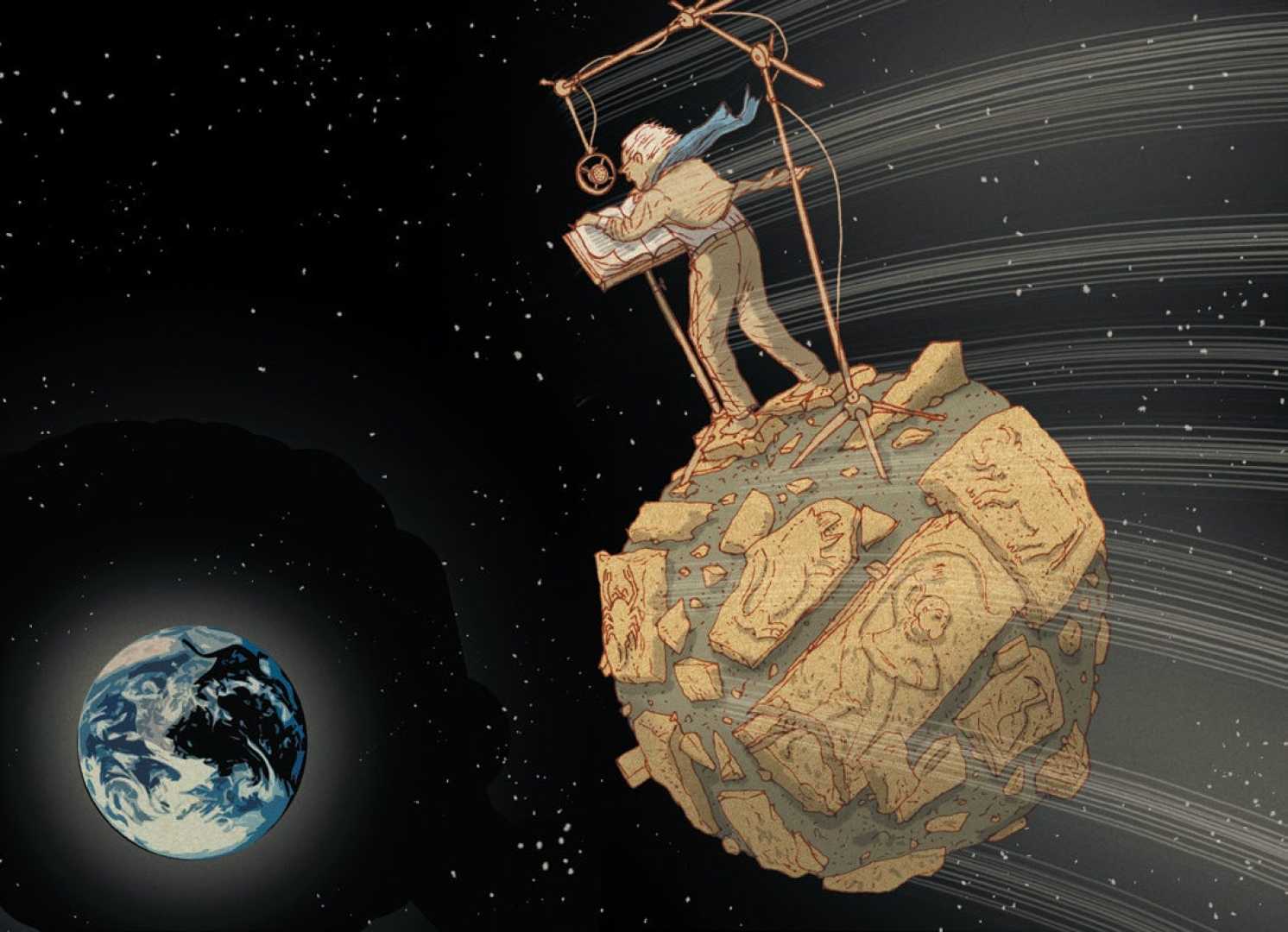News
Debate Over Ancient Civilisation Theories Heats Up

The long-standing debate over the existence of a supposed ancient advanced civilisation has resurfaced with a new season of the Netflix series, Ancient Apocalypse, presented by controversial author Graham Hancock. Mr Hancock, known for his unconventional theories, posits that a civilisation existed in what is now Antarctica over 12,000 years ago and was destroyed by a comet impact, a claim which challenges established archaeological evidence and timelines.
Flint Dibble, an archaeologist at Cardiff University, has been vocal in his opposition to Hancock’s assertions. He appeared on the well-listened podcast The Joe Rogan Experience to discuss the matter with Hancock, aiming to debunk what he and many of his colleagues deem “pseudoscientific” claims. “Most sites on the show are misrepresented in different ways, sometimes small, sometimes large,” Dr Dibble stated, highlighting inaccuracies such as Hancock’s claims about the dating of fossilized footprints at White Sands National Park.
Hancock’s theory suggests that a comet impact during the Younger Dryas period, around 12,800 years ago, caused dramatic climate changes that led to the disappearance of this ancient civilisation. This idea is tied to what he terms the “Younger Dryas Impact Hypothesis,” despite the lack of consensus or substantial evidence from the scientific community to back such claims.
Critics argue that Hancock’s work not only challenges scientific narratives but can be detrimental, potentially fostering anti-intellectual sentiments. Dr Dibble noted that „Hancock’s narrative both on the show and in public appearances promotes a distrust in experts,” which is concerning in a time of rising skepticism towards scientific expertise.
The controversy extends beyond the scientific inaccuracies. The Society for American Archaeology (SAA) expressed concerns about the socio-cultural implications of these theories. In an open letter to Netflix, SAA criticized the series for implying that indigenous peoples could not have independently developed their own civilisations. “The theory it presents has a long-standing association with racist, white supremacist ideologies,” the SAA stated.
In response to backlash, Netflix reportedly cancelled screenings of Ancient Apocalypse in certain areas, such as Arizona and New Mexico, following objections from local indigenous tribal leaders. Some claim that the series’ narrative draws uncomfortable parallels to the myth of Atlantis and similar colonial narratives.












